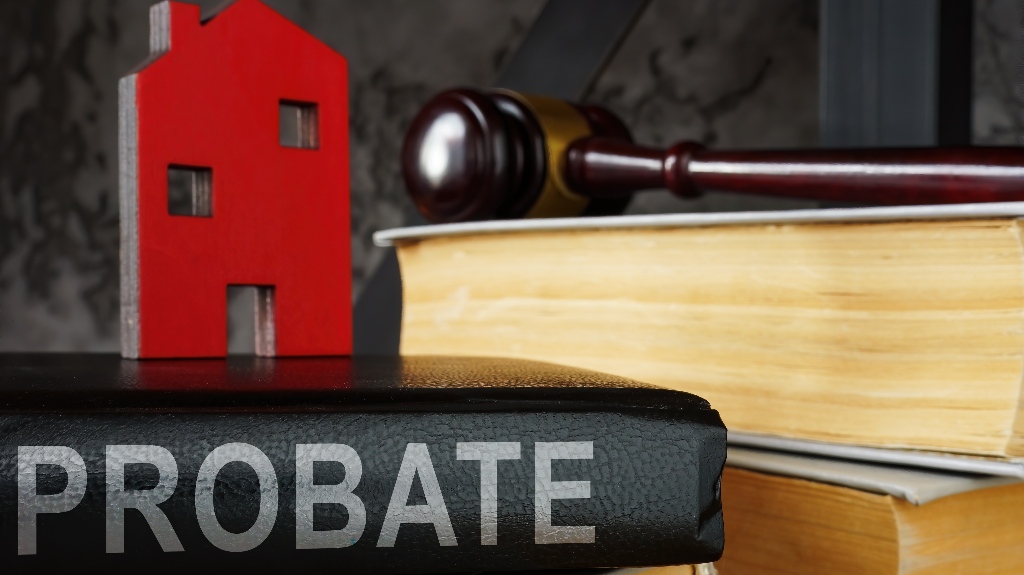How to Handle Probate When the Deceased Owned Property in Multiple States
Settling a loved one’s estate can feel overwhelming, especially if they owned property in more than one state. You may wonder how to handle probate when the deceased owned property in multiple states. What steps do you need to take first? Fortunately, the process is less intimidating than it may seem.
Let’s look at what happens when a loved one’s estate includes out-of-state property and how you can manage probate across state lines.
Why Out-of-State Property Complicates Probate
In most cases, probate is needed to settle a person’s estate after death. This happens in the state where your loved one lived, which is known as their domicile. But real estate is treated differently.
Each state has its own laws about transferring real property located within its borders. That means you will need to start a secondary probate process if your loved one owned property in another state, like a vacation home in Nevada or mineral rights in Texas.
This is called ancillary probate. Under most circumstances, it is required when you need to transfer ownership of out-of-state property.
How Does Ancillary Probate Work?
While you may dread going through another probate process, it is pretty straightforward:
Start Probate in the Home State
The executor or personal representative must file probate in the state where your loved one lived. This is known as the domiciliary probate. For example, if your loved one lived in California, you would start by filing here.
Open Ancillary Probate in Other States
Once the home-state court appoints an executor, you can file for ancillary probate in any other state where the decedent owned property.
Follow the Local Process
Ancillary probate is handled according to the state’s laws where the property is located. You will need to work with those courts and abide by their procedures
Transfer or Sell the Property
Once debts and taxes are settled, the property can be transferred to heirs or sold as directed by the will or state law.
Since ancillary probate only focuses on the out-of-state property, this process moves faster than regular probate.
What Are Possible Issues?
Unfortunately, multi-state probate can create unexpected hurdles, including:
- Additional costs: Each ancillary probate involves separate court fees, attorney fees, and sometimes property appraisals.
- Possible delays: Coordinating between courts in multiple states can extend the timeline for settling the estate.
- Confusion: Executors may not realize that ancillary probate is required until they try to sell or transfer the property.
When you work with an experienced probate lawyer, you may be able to avoid most of these issues. They understand how the process works and know ways to counteract any potential problems.
Can Ancillary Probate Be Avoided?
In some situations, your loved one’s estate might avoid it. However, it requires advanced planning involving:

- Revocable living trusts: When property is placed into a trust, it can avoid probate because it owns the assets, not the individual.
- Joint tenancy with right of survivorship: Under this arrangement, the property automatically transfers to the surviving owner.
- Transfer-on-death deeds: Some states allow real estate owners to name a beneficiary who inherits the property directly upon death.
If your loved one did not use any of these designations, ancillary probate is usually necessary.
We Are Here to Help with Your Probate Needs in California
Now that you know how to handle probate when the deceased owned property in multiple states, you can take action. The process can get complicated, especially when dealing with multiple state probate courts, but help is available.
At CA Probate, we are here to guide you through this process. We will make sure that every step is handled with diligence, so you don’t have to worry. Contact us today to schedule a consultation.

